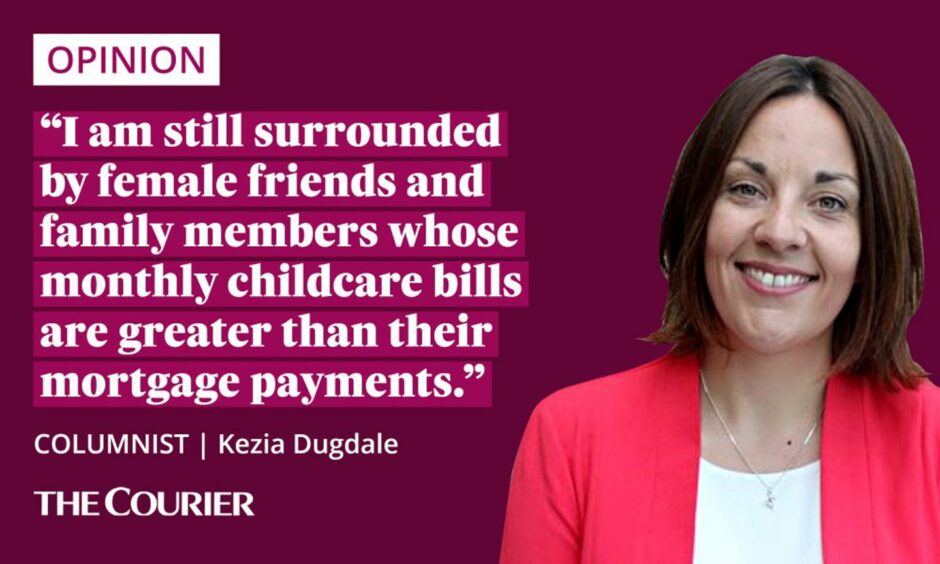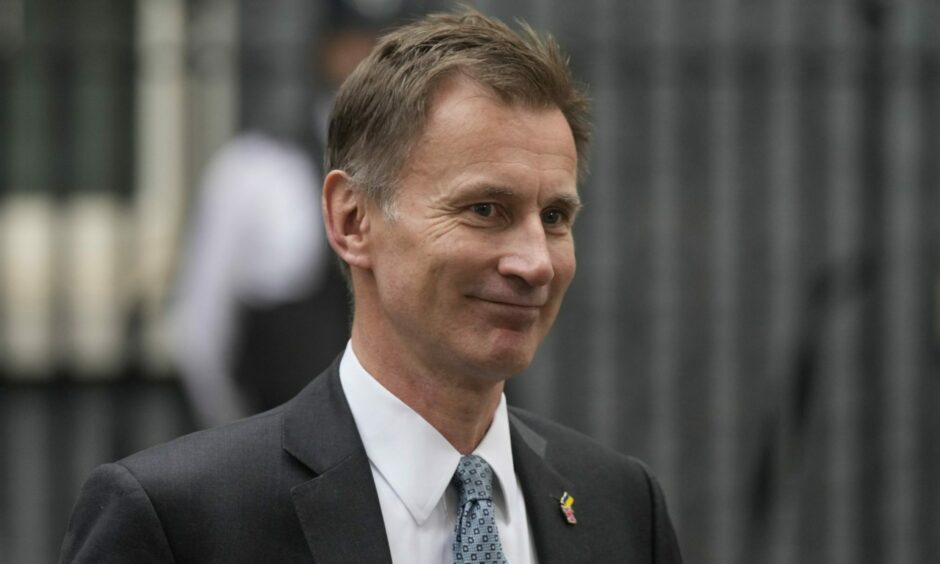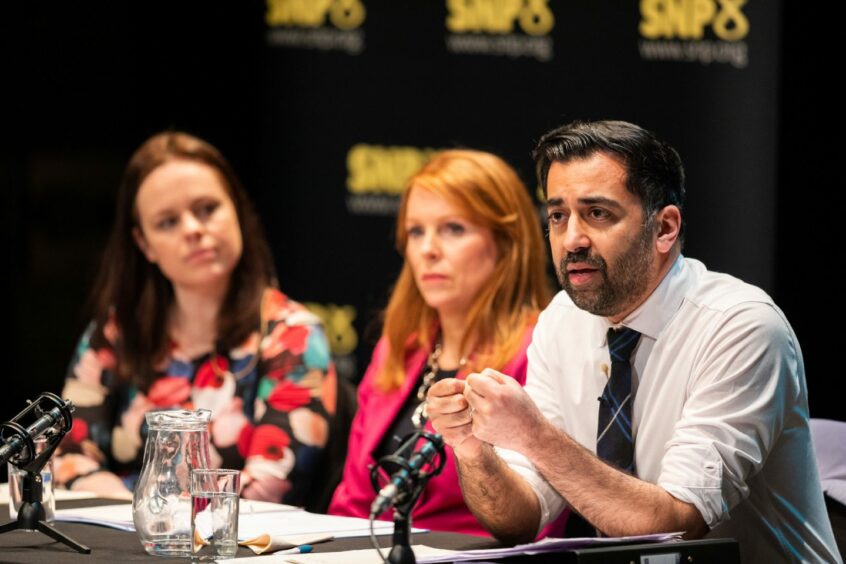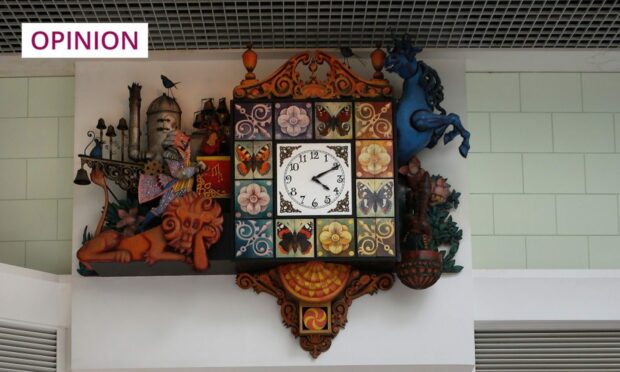The focus for the Chancellor in every Spring Budget is always growth. And specifically how to grow the economy in order to generate prosperity, which can then be taxed and shared according to their political ideology.
That applies to Jeremy Hunt’s Budget this week, even more than usual, since graphs from all the other countries in the G7 show their economies are growing while the United Kingdom’s declines.
Excuses are plentiful. The banking crisis, the pandemic, the global energy shock and the war in Ukraine.
All pretty plausible. Until you remember every other country faced them too and found a way through.
One problem that was uniquely British was Brexit. A self inflicted pain, the scars of which are seven years old and still burning.

Brexit has brought new trade barriers and the end to free movement, which provided so much of the UK’s critical seasonal labour.
And from fears about regulatory disalignment to so much of the political instability that is putting off investors, we don’t need to look far to find our troubles.
Childcare has shifted up the Budget agenda
With all of that said, expectations of Jeremy Hunt were low on Wednesday.
His whole demeanour is steady. Stealthily unremarkable. Nobody expected fireworks and certainly none with enough charge to really shake up the underlying fault lines of the UK economy.
In his mission to drive economic growth there was, however, a targeted focus on economic activity, and in particular childcare support for parents.
It’s worth taking a moment to pause and recognise the progress that has been made here.
Less than 20 years ago, childcare was only ever discussed in educational or child poverty terms. And almost exclusively by centre left female politicians.
It is now a central plank of discussions about how the labour market functions and women’s role within it. That is a win.
But I am still surrounded by female friends and family members whose monthly childcare bills are greater than their mortgage payments.
These are talented, educated woman who the state has invested in, and for whom working more hours just isn’t worth it economically. Not when the value of their take home pay is traded against time with their children in their most formative years.
How will childcare investment impact Scotland?
Huge investment in the English childcare system means Barnett consequentials for Scotland. (Watch as SNP politicians quickly spend the cash that flows into Scotland with little or no acknowledgement of the Union dividend it represents.)
Big Budget questions for Scots as England gets free childcare revolution… https://t.co/EYPvhXcg3W via @thecourieruk
— Jake Keith (@JakeKeith_) March 15, 2023
This is money that could be spent on any of the Scottish Parliament’s devolved responsibilities. It doesn’t have to be childcare.
For example it could all be poured into significantly expanding the Scottish Child Payment, allowing the Scottish Government to develop further its focus on addressing growing child poverty rates.
There’s a strong case for this, given the system of free hours of childcare in Scotland already delivers much of what is now being offered in England.
It could, in theory, be spent on the NHS; or on schools or any other government priority.
However it seems likely that whoever wins the SNP leadership race will feel compelled to spend it on further childcare provision.
The question will be whether they follow England in expanding provision for one and two-year-olds, when so many parents in Scotland are crying out for after-school and wraparound childcare.
Scotland needs to look to Scandinavian childcare model
In truth, however much you pour into it, or how great a political battleground it becomes, the childcare system will always fall short of what parents need for as long as it is based around an individual entitlement of hours that each family draws down.
What we need are universal institutions that provide childcare at the point of need, in the same way that schools provide education and hospitals healthcare.
The Scandinavian model leads the way here, with state-run nurseries staffed by highly qualified professionals from 6am to 10pm.
Parents access what they need, when they need it. The system fits around work – and not just the classic patterns of part-time female work but lots of shift patterns too.
Good bit on the radio about this a few days ago. Several Scandinavian callers rang in to say they pay something like £60 a month for childcare, including wraparound activities to cover full working day. Anyway, look over there, a small boat.#childcare https://t.co/AwSEbckY93
— Owen Hughes (@0w3nHugh3s) March 9, 2023
It would mean investing in buildings and skills, and recognising that high quality early learning and childcare isn’t a commodity to be bought on the cheap.
Affordable, accessible childcare is economic infrastructure, just as much as broadband connections and rail links. It drives economic activity, liberates women and, done right, it gives children the best possible start in life.
Childcare being the headline story of a Conservative Budget is welcome progress. Yet the detail is what matters, both in the UK announcement and how the money is spent in Scotland.
When the cash rolls in it we should continue to ask why we pour it into a system that still doesn’t work for the people who need it the most.












Conversation